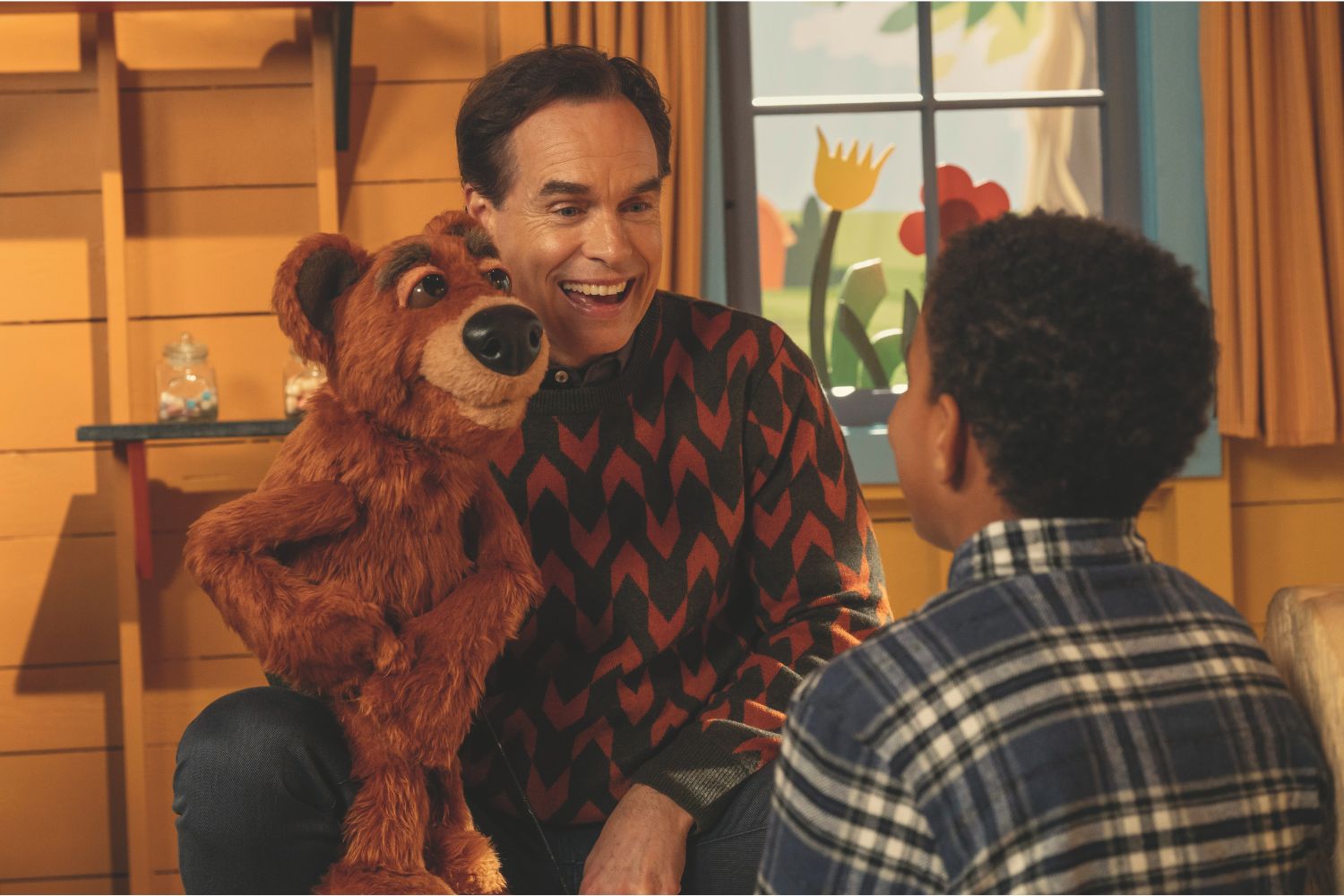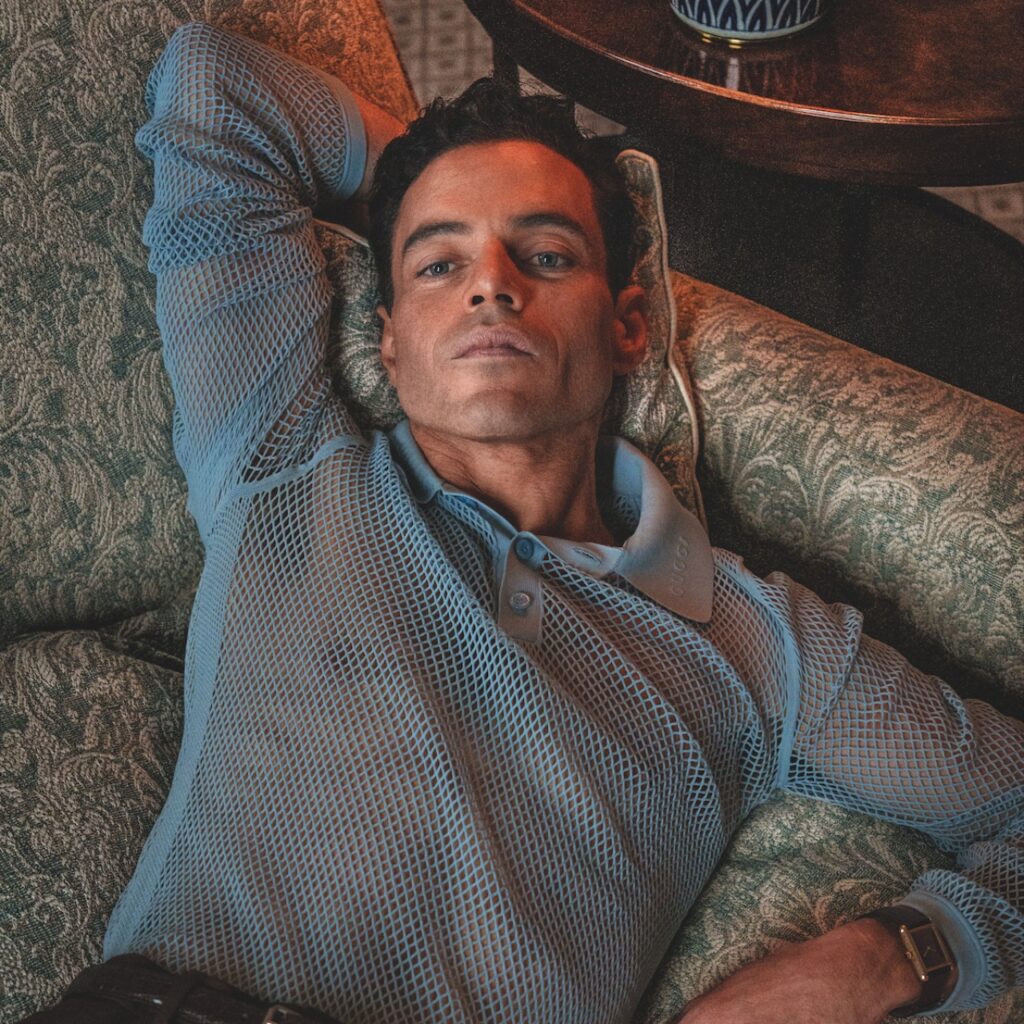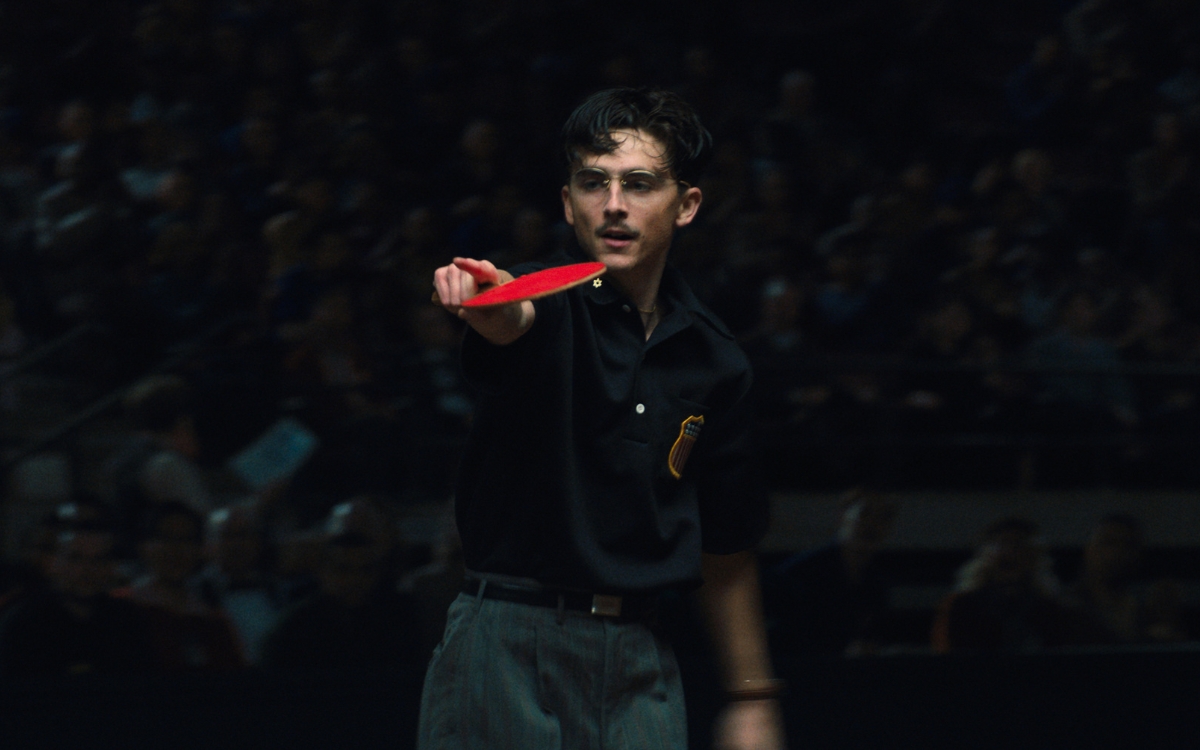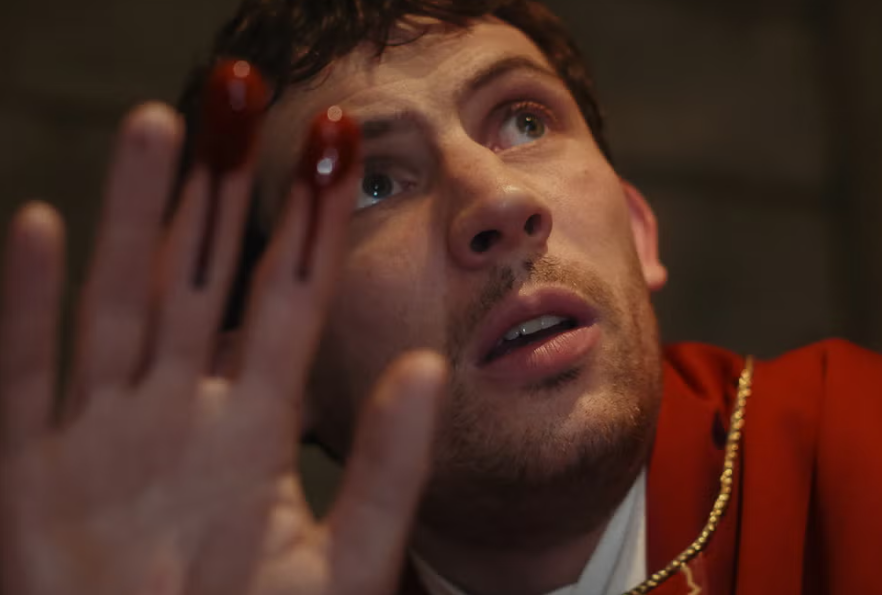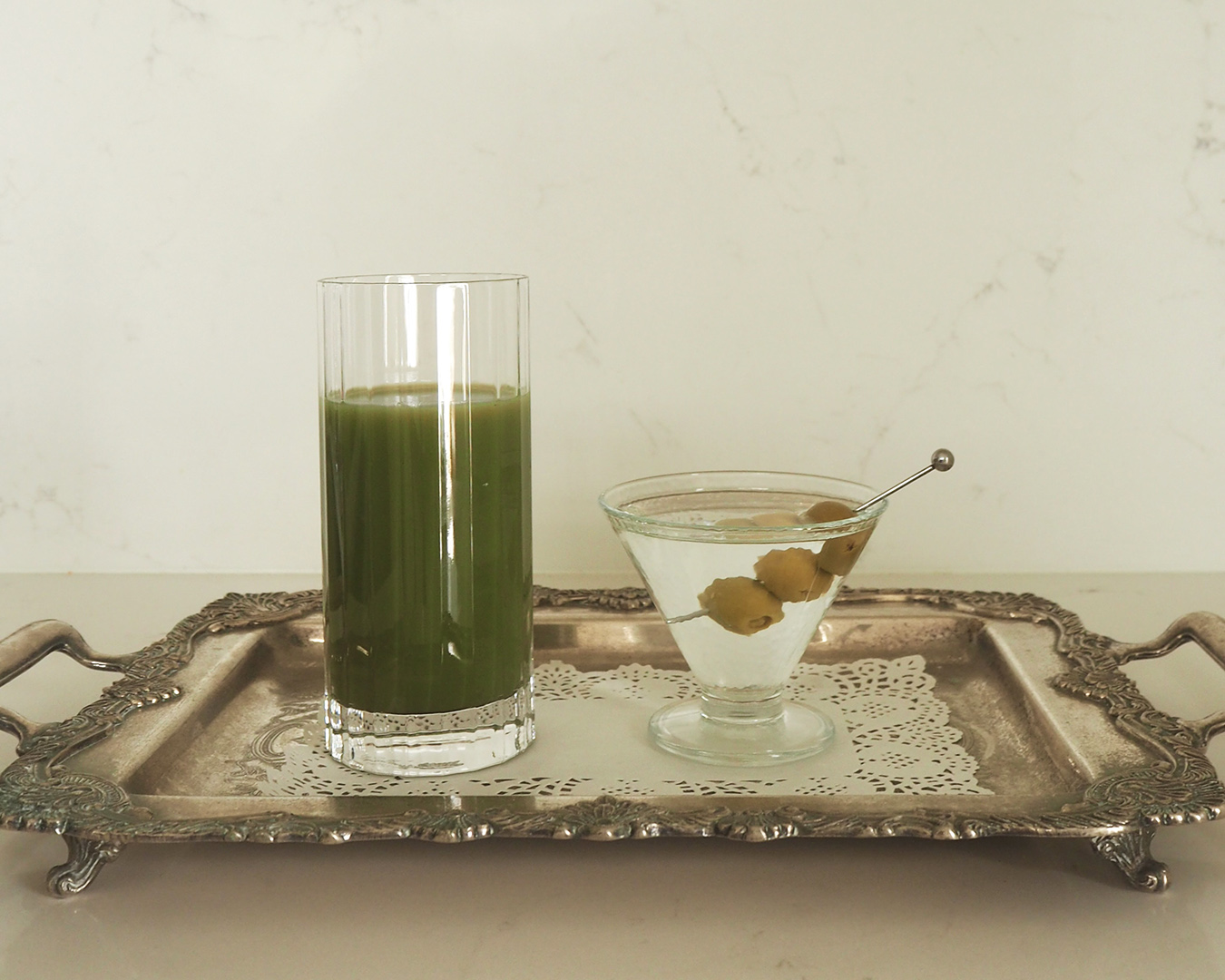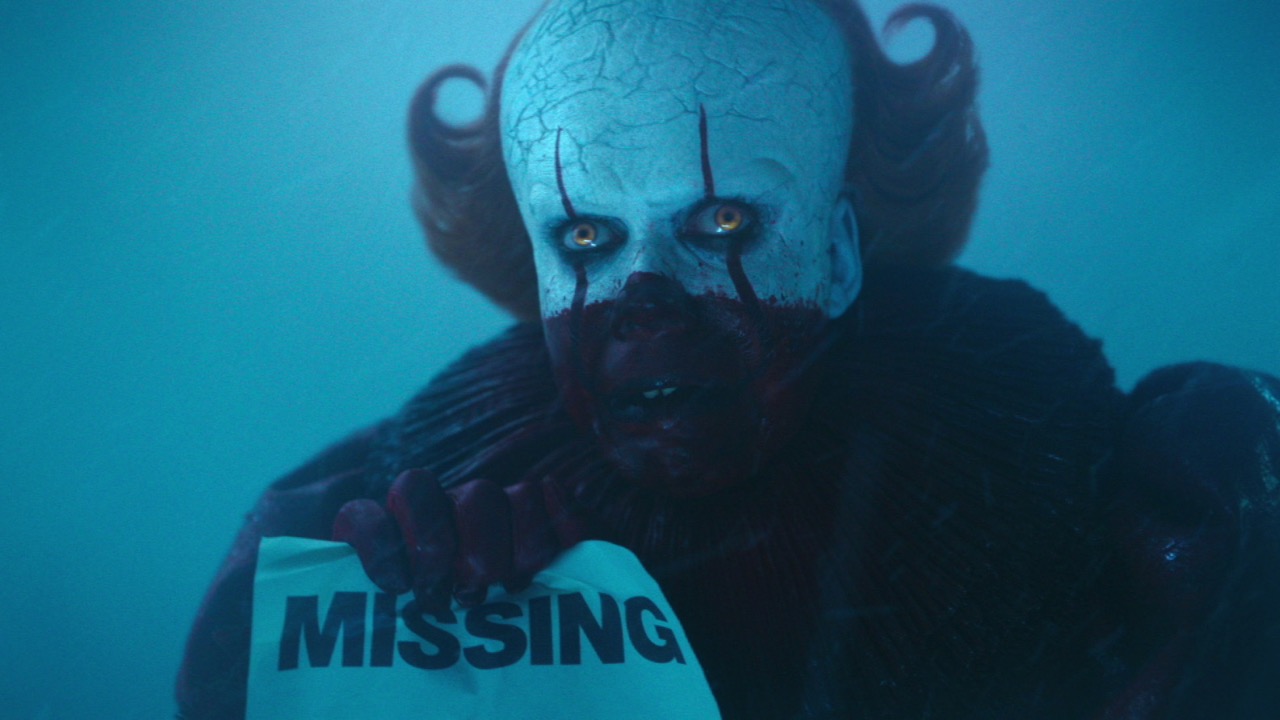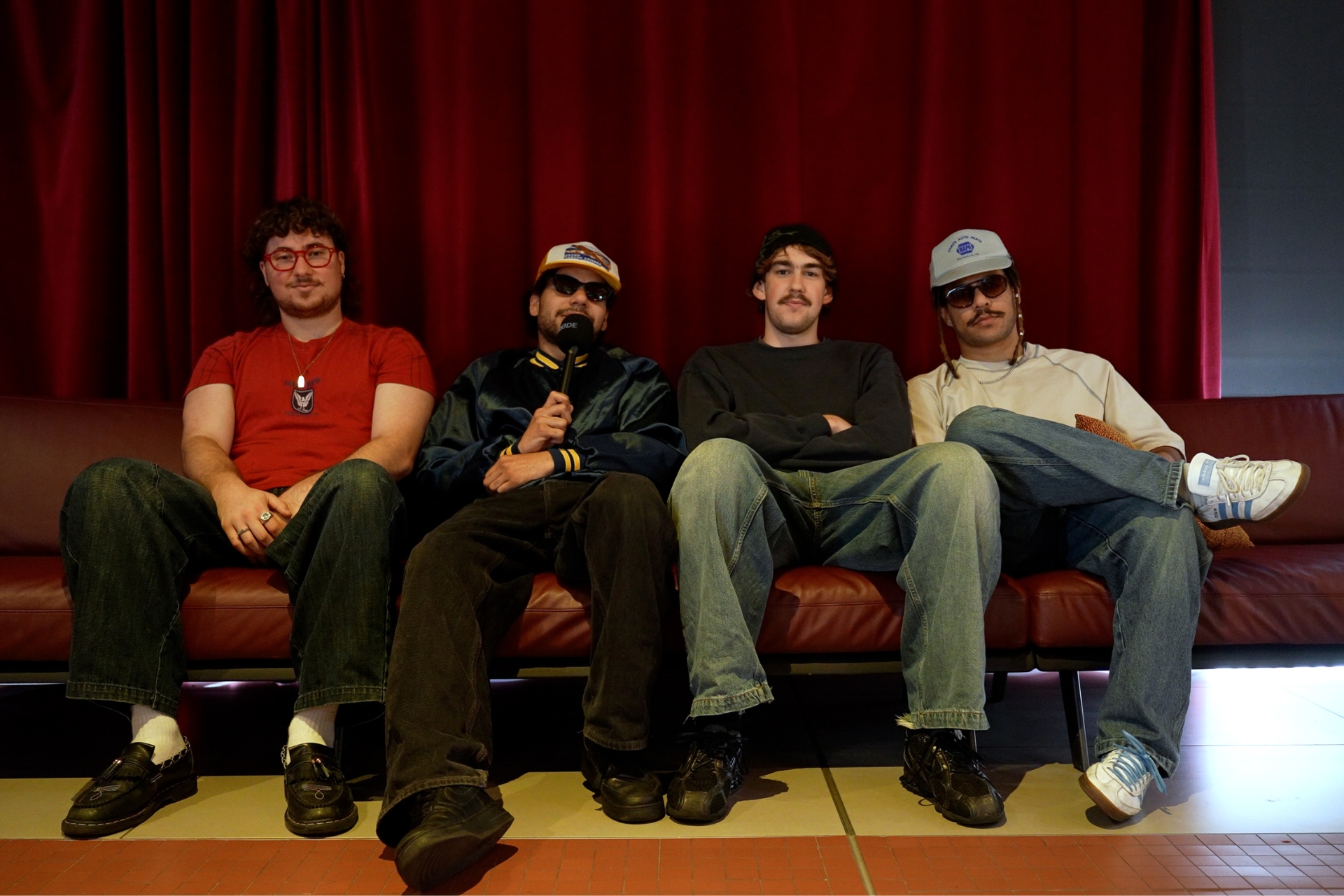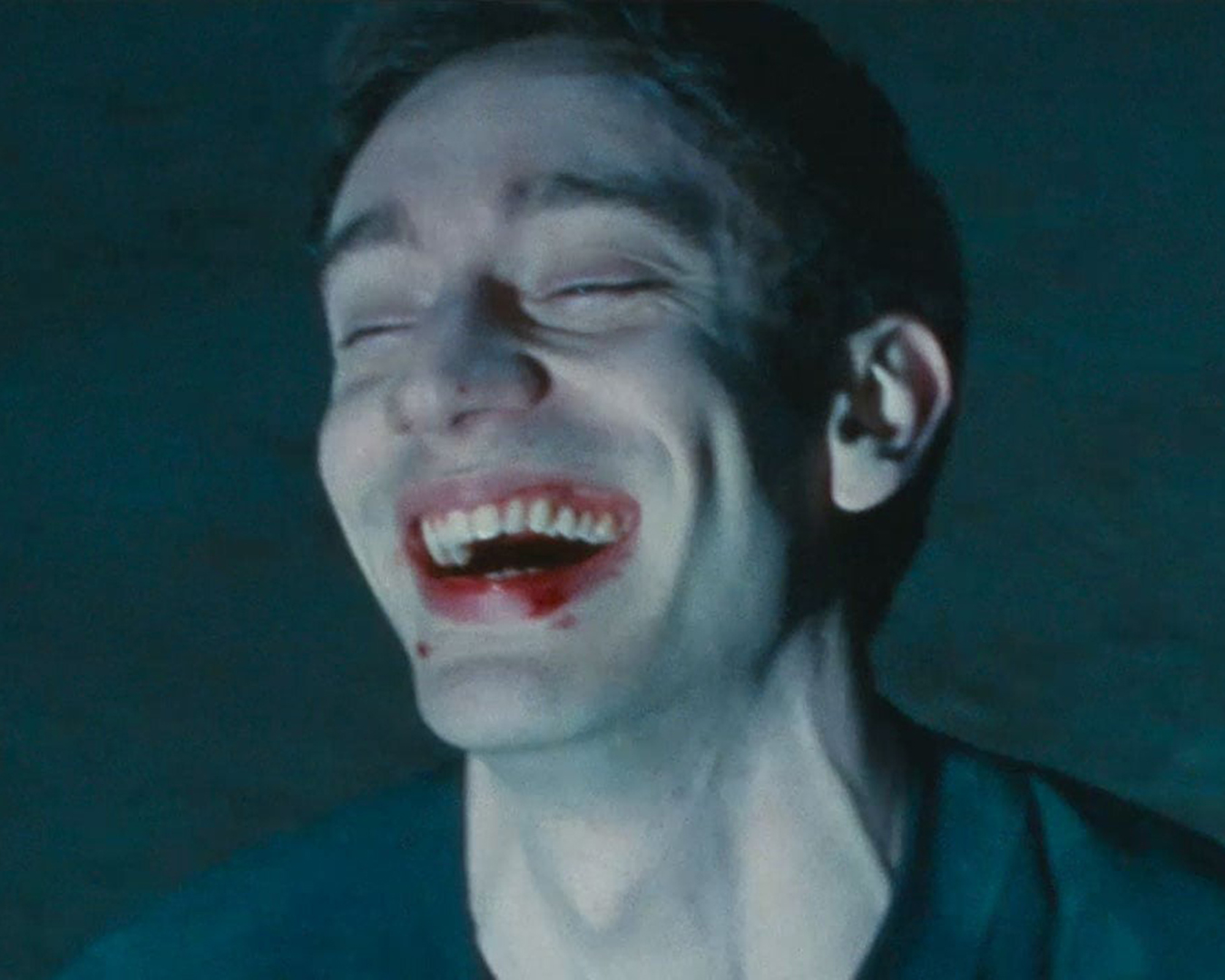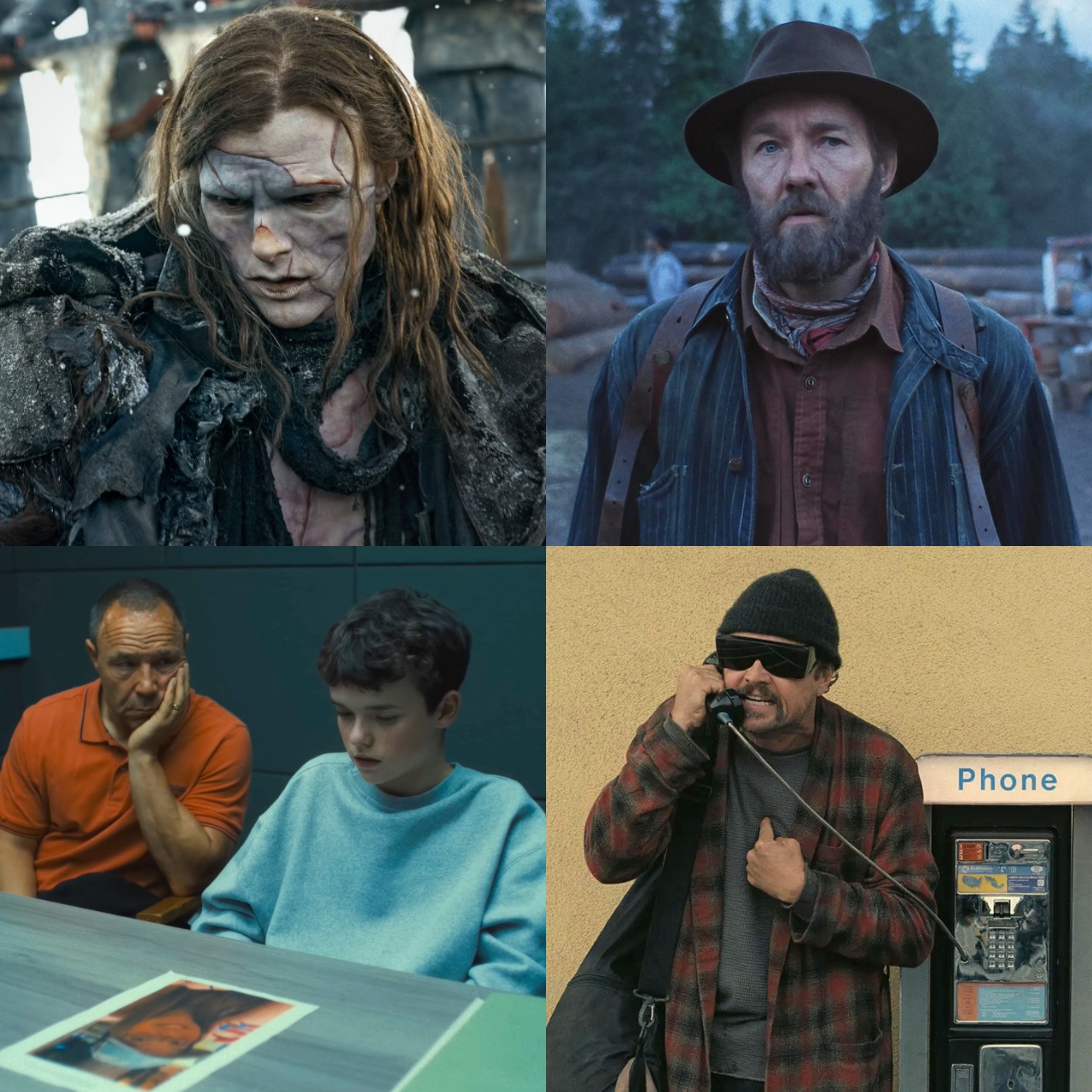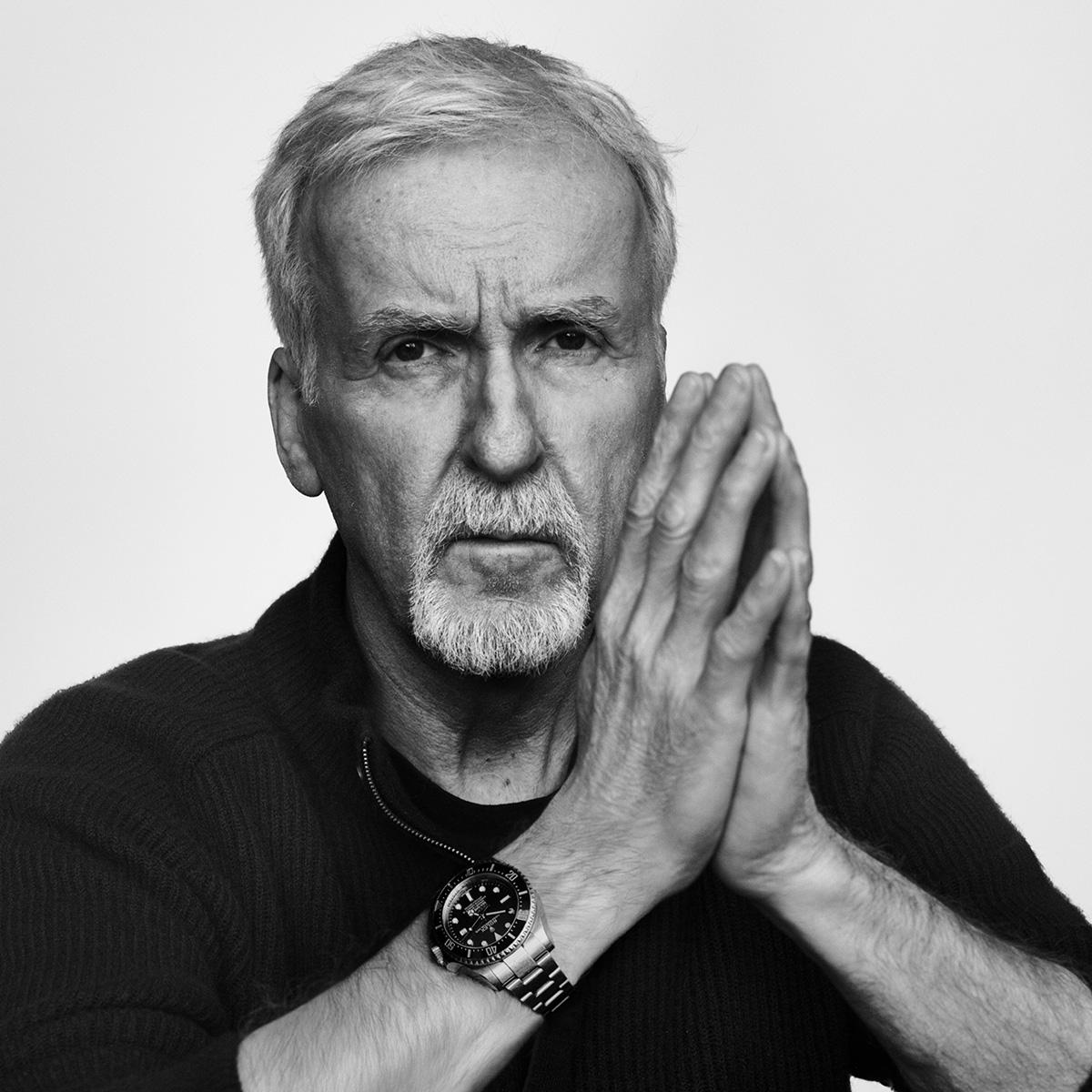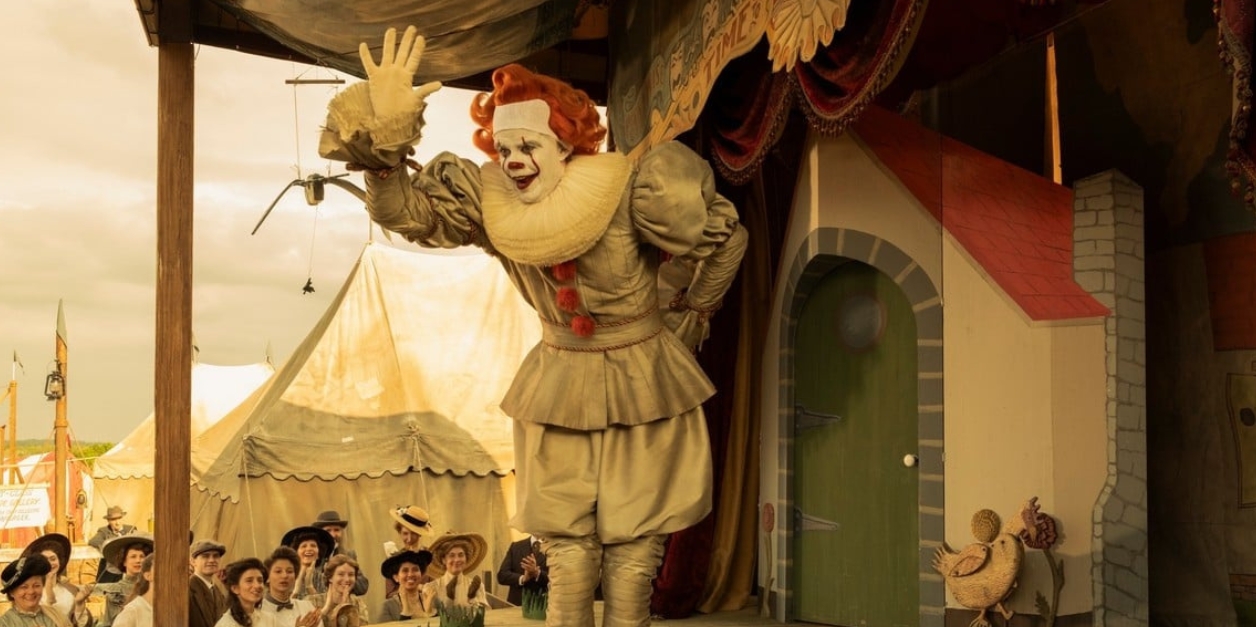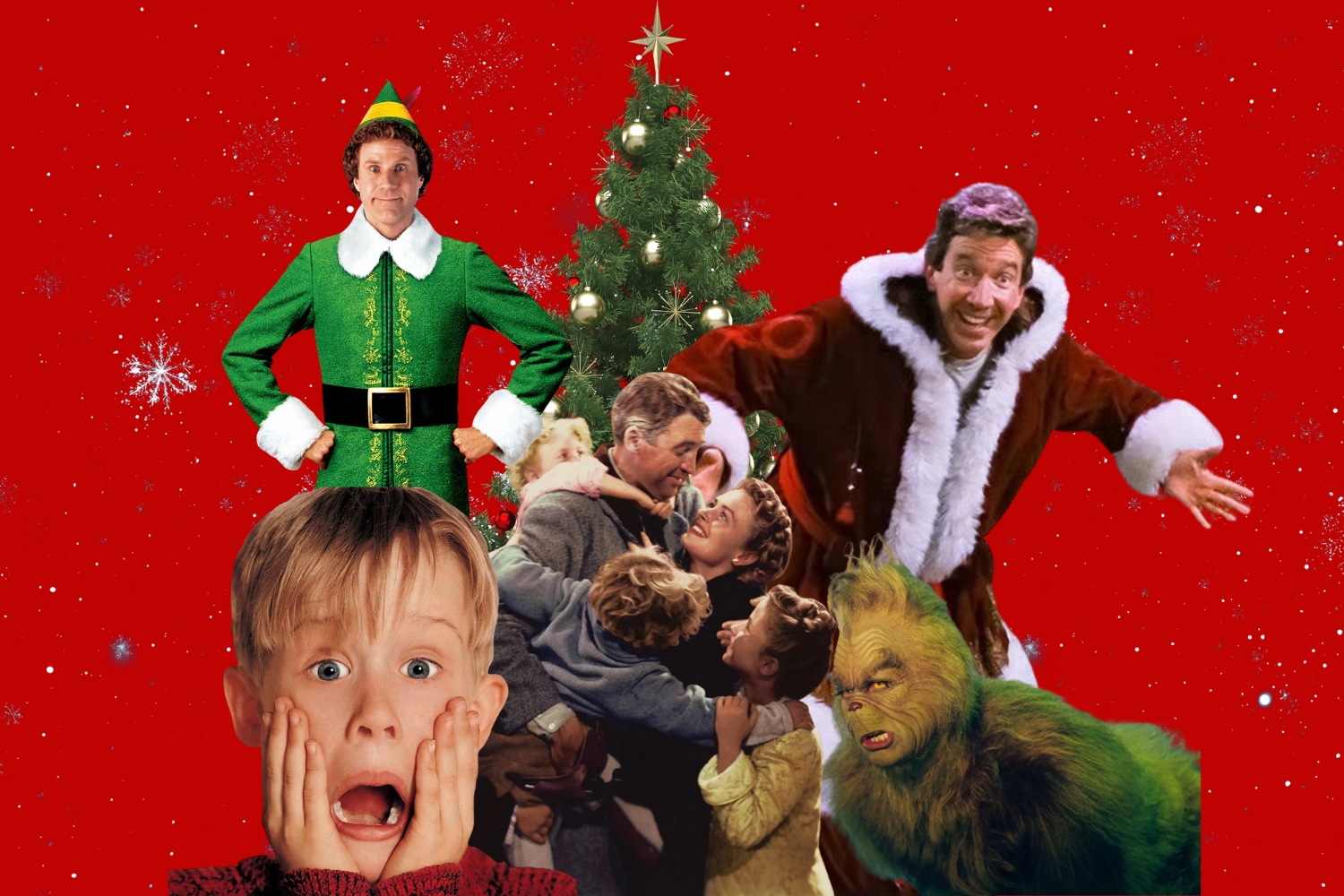MURRAY BARTLETT WON’T tell me if he’s ever tried psychedelics. When I ask if he went ‘method’ while preparing for his role in season two of Nine Perfect Strangers – a limited series about an unlikely group of emotionally wounded misfits who embark on a healing journey led by a controversial guru with a liberal approach to psilocybin – he laughs and assures me that he did his research.
“I’ve been really intrigued and inspired by the stuff that I’ve read about these trials with psychedelics and how they can be incredibly healing and helpful for people in the last stages of terminal illness and with addiction and trauma,” explains the Australian actor. “I love that as a concept for the show: that people are using psychedelics to deal with whatever trauma they may have in their past.”
Adapted for the small screen by David E. Kelley and based on the novel by acclaimed Australian author Liane Moriarty, the first season of Nine Perfect Strangers saw unorthodox healer Masha, played by Nicole Kidman, deploy her mysterious protocol to help guests at a swanky Californian health retreat process their struggles, from a son’s unexplained suicide to the humiliation of falling victim to a romance-based financial scam. Soon after its release in August 2021, director Jonathan Levine told the Los Angeles Times that, in his opinion, psychedelic therapy was one of his “top five options for the salvation of humanity”, and that he hoped the show might play a role in helping it to go mainstream.
While the psychedelic renaissance has certainly gained traction – in 2023, Australia’s Therapeutic Goods Administration approved the use of MDMA and psilocybin for the treatment of PTSD and treatment-resistant depression, respectively – it would be a stretch to draw a correlation between the TV series and these breakthroughs. It’s fair to say that any reputable therapist would baulk at Masha’s rogue methods, which include dosing patients without their knowledge and tripping alongside them.
“I don’t know that I would do a healing workshop with Masha,” laughs Bartlett. “She seems a little crazy . . . She’s kind of untethered and floating in this psychedelic world.”
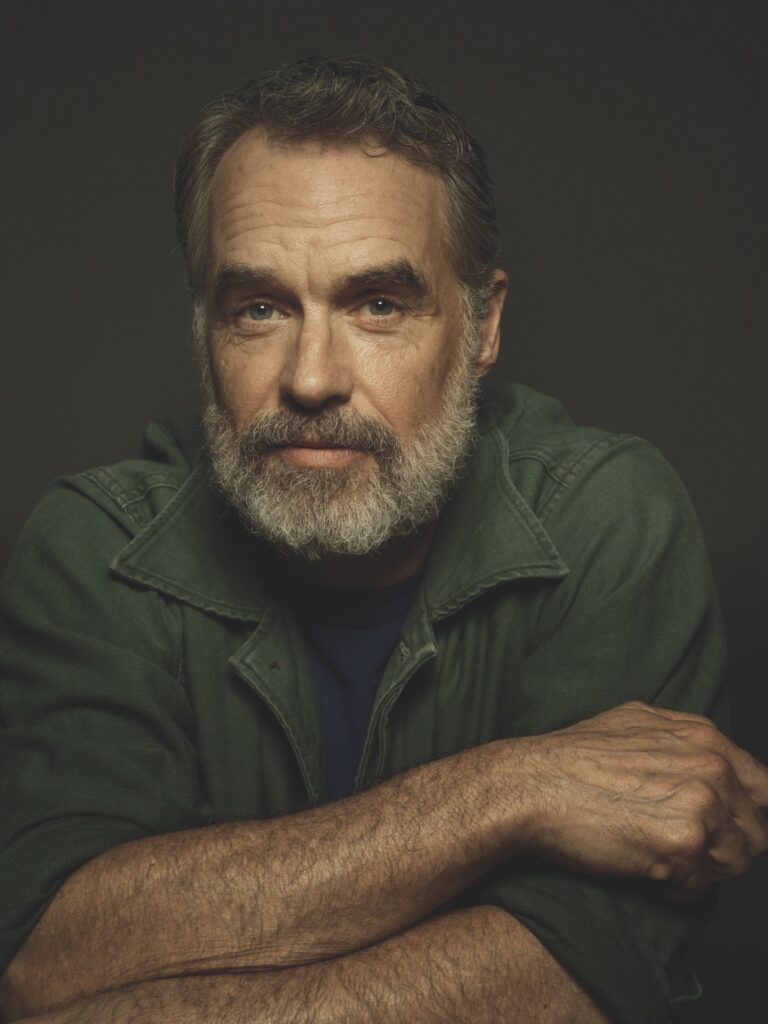
In the show’s second season, Masha returns to the universe of Nine Perfect Strangers with a greater public following, as well as the increased scrutiny that tends to beget. She’s preaching about the therapeutic potential of psychedelics at prestigious conferences while simultaneously dodging lawsuits. Eager to continue her experiments away from prying eyes, she trades the white linen, cascading waves and Californian backdrop of season one for sharp tailoring, a blunt lob and a storied chalet in the Austrian Alps, where she lures in a new set of strangers, including a disgraced children’s entertainer named Brian, played by Bartlett. In his glory days, Brian and his puppet sidekick hosted a popular television show on which he encouraged kids to fully inhabit their feelings, until his abusive tirade at a cameraman was covertly captured and blasted across social media. He arrives at Zauberwald retreat – a German word that translates to ‘enchanted forest’ – strung out, ashamed and haunted by visions of his puppet companion, who serves as both an angel and devil on his shoulder.
“I think we can all relate to that voice we have in our head that berates us, criticises us or pulls us down sometimes, and then, at other times, pumps us up,” says Bartlett. “I related to that voice-in-the-head aspect of the puppet that’s externalised in this story. I think that’s a really interesting thing to play with.”
The question of how to hold celebrities who behave badly to account is one of the internet’s favourite debates, often descending into polarised extremes of either resolute cancellation or blind devotion. While Bartlett is glad that, at least in theory, it’s now harder for powerful people to get away with abuse, he’s interested in the complex grey area that exists in many cases.
“There’s nuance in it, I guess,” he says. “Some of the writing on this character deals with that. Not that he’s not guilty of what he did or shouldn’t be accountable for it, but perhaps out of context or without the full context, there’s some aspects that are a little unfair on him.”
Brian’s companions at Zauberwald include Tina, a former child prodigy pianist who has lost the talent that once defined her, played by the pop star King Princess; Agnes, an ex-nun wondering what comes after a failed marriage to the big man upstairs, played by Dolly de Leon, who audiences may remember as staunch “toilet manager” Abigail from Triangle of Sadness; and Imogen, a bitter millennial with debilitating mummy issues who claims that Brian’s bad behaviour ruined her childhood, played by Annie Murphy. Everyone is grieving something, whether it’s the nurturing upbringing they never had, or a former, less tortured version of themselves that they can’t get back. Over time, with the assistance of various emotionally lubricating substances, the group begins to process its pain together.
I think we can all relate to that VOICE WE HAVE IN OUR HEAD that berates us
On screen, drug use is often employed as a device to signify the unravelling of a life – the hitting of rock bottom. This was certainly the case for Armond, Bartlett’s character in season one of The White Lotus, a tortured hotel manager who gets high on his guests’ supply and implodes spectacularly before meeting a grisly end. While it remains to be seen whether Brian’s hallucinogenic voyages will prove more fruitful, so far, things are looking decidedly less hedonistic.
While he was drawn to the script’s topical grappling with the potential of psychedelics to treat mental illness, he also loved how the tripping scenes created opportunities for good, old fashioned silliness, with the cast capturing that wavy logic and immediate intimacy that inebriation can facilitate. “It gives you some interesting comedy options because people are getting high and sometimes that goes off the rails a bit, or can be quite funny,” he observes. As their characters shared vulnerable and expansive experiences on camera, Bartlett and his co stars bonded during the six months they spent filming across Germany and Austria, sequestered away from their regular lives.
“We really adored each other and became close and had lots of great adventures together,” reflects Bartlett. “My character connects with King Princess’ character in some lovely ways, and we became quite close. We lived near each other and hung out quite a bit . . . Our personal closeness spilled into the kind of connection we have as characters, and that happened a lot with all of us.”
Unlike Brian, Bartlett has never been “cancelled”, but can relate to the sense of ambient surveillance that comes with fame. He’s been a working actor for more than three decades, moving back and forth between Australia and the US, where he’s lived since 2000. His roles have spanned soaps such as Neighbours and Guiding Light, as well as prestige offerings including Sex and the City and the cult queer drama Looking. But Bartlett’s Emmy-winning portrayal of Armond in The White Lotus marked an ascent into a new echelon of success and exposure.
“You can be a celebrity or someone in the public eye who goes out shopping in a T-shirt and accidentally spills coffee on it and suddenly, it becomes a huge news item,” he marvels. “Just that we live in that kind of world is bizarre. There’s a lot of pressure to be hyper-aware when you’re in public.”
The weirdness of being perceived aside, Bartlett has weathered the ebbs and flows of a career in show business long enough to be deeply grateful for his recent glut of opportunities. While for most of his career he’s snapped up the jobs that come his way, in his mid fifties, he finds himself suddenly spoiled for choice.
“The wonderful thing about it is that, in making choices, I have to think, What is it that I actually want to do? What’s meaningful to me as an actor? What kind of stories do I want to be part of? What do I want to put out into the world?” he says. “That has really felt like a great privilege: to be able to be in the driver’s seat.”
In addition to Nine Perfect Strangers, Bartlett’s instincts have steered him towards Michael Sarnoski’s The Death of Robin Hood, an upcoming action retelling of the end of Robin Hood’s life that stars Hugh Jackman, with whom he first worked on the 2000s jukebox musical The Boy from Oz. He’s also recently collaborated with the Hungarian director-writer couple Kornél Mundruczó and Kata Wéber on two unreleased films, At the Sea and Place to Be, both of which focus on women in turmoil and awakening, played by Amy Adams and Ellen Burstyn, respectively. While Bartlett emphasises how lucky he’s been to “work with such wonderful people on gorgeous scripts” in the past year, much like a mushroom trip, there’s always an element of uncertainty to how things will come together in the final cut.
Maybe his time at the fictional Zauberwald rubbed off, because Bartlett isn’t overthinking it. “I’m really excited about how they turn out and whether they work, and hopefully people will like them.”
Nine Perfect Strangers, season two, is now streaming on Prime Video.
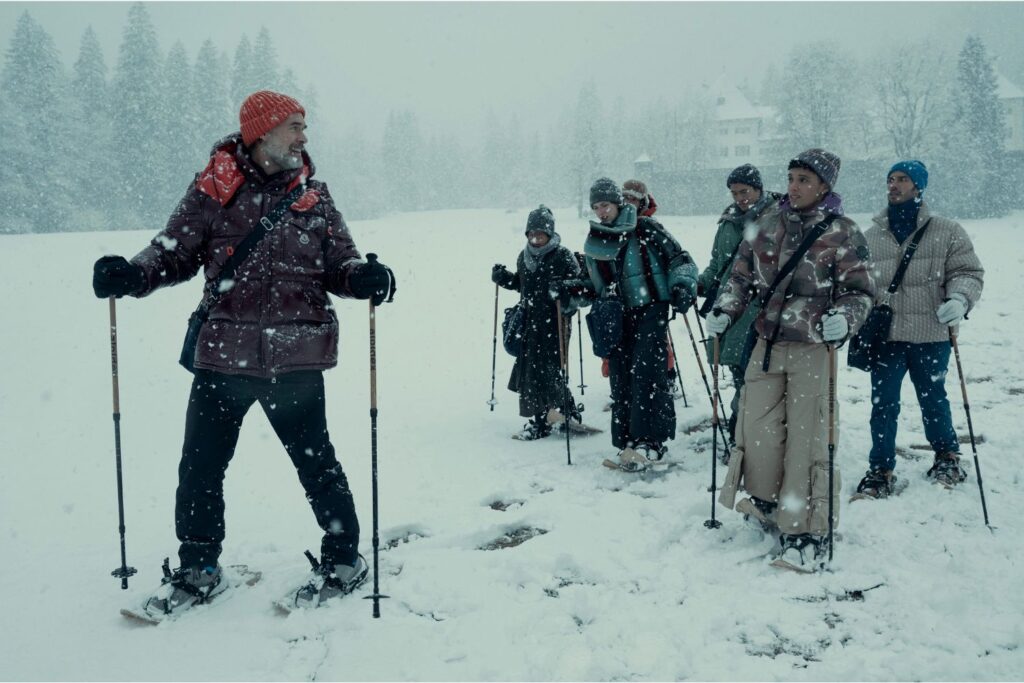
This story appears in the Winter 2025 issue of Esquire Australia, on sale now. Find out where to buy the issue here.
More from the Winter 2025 issue of Esquire Australia:









